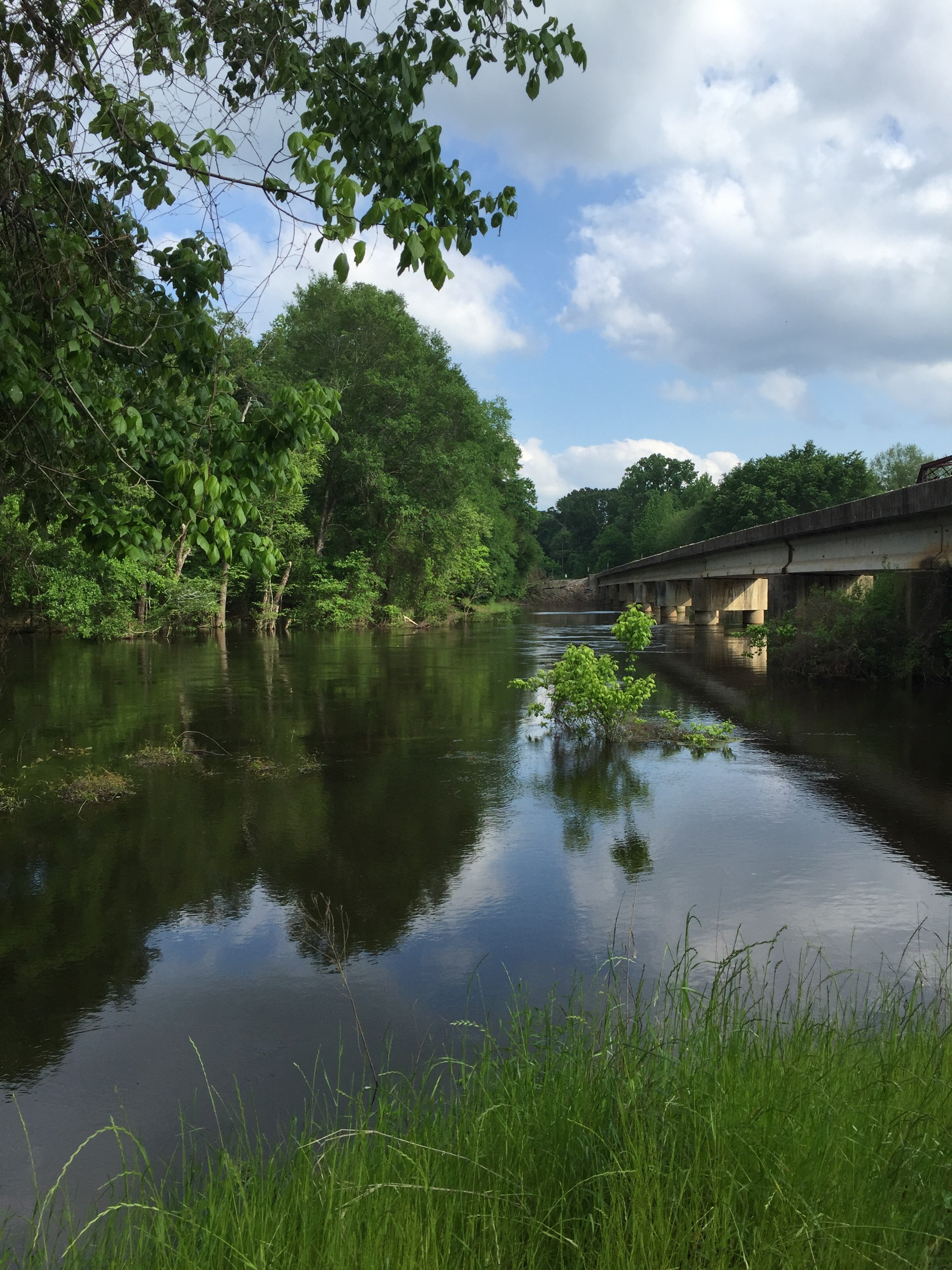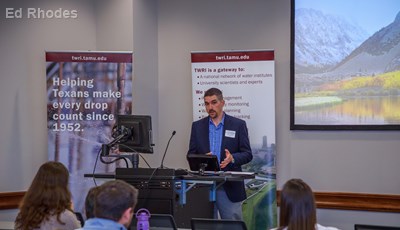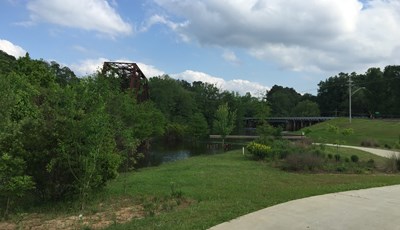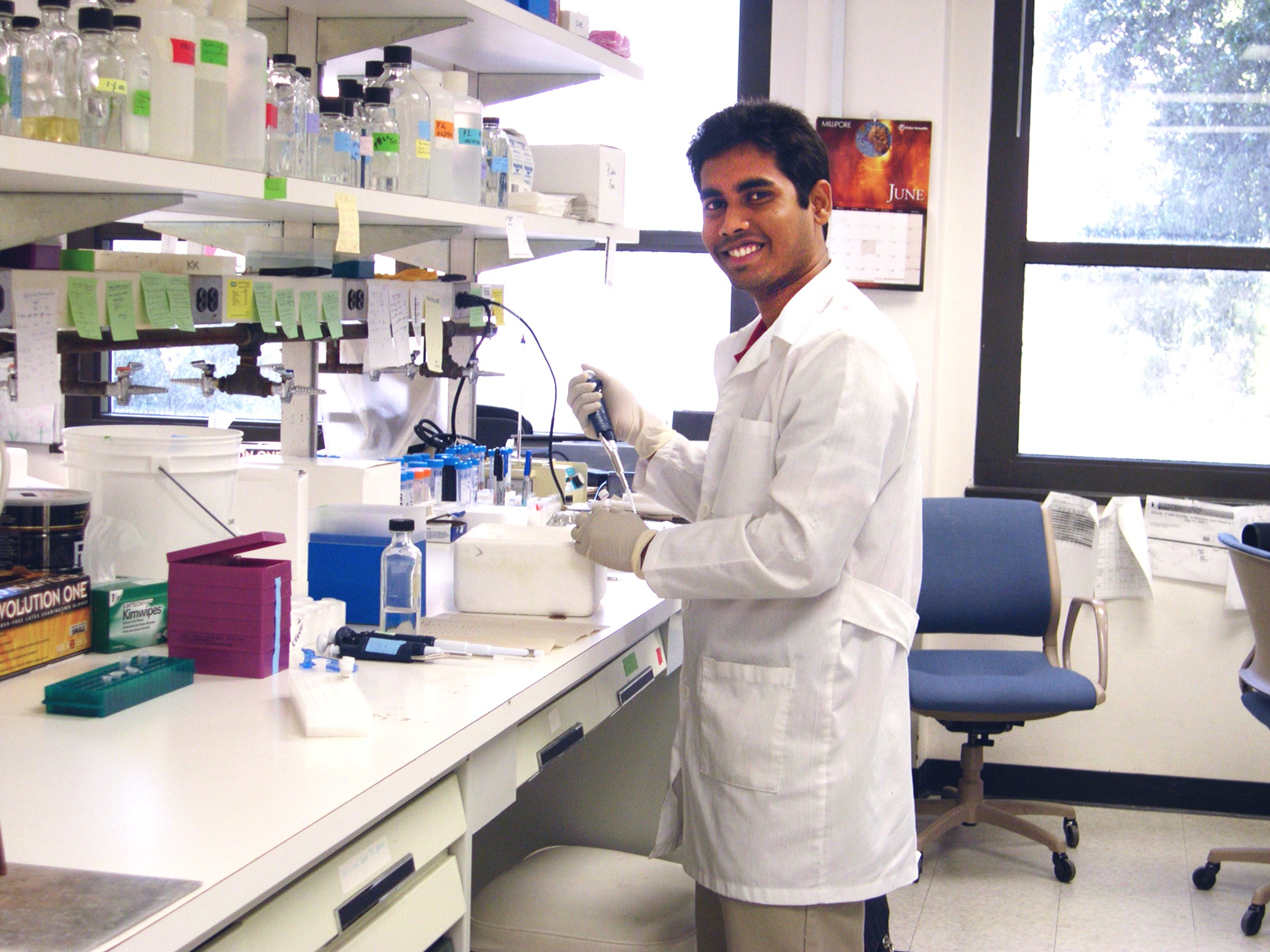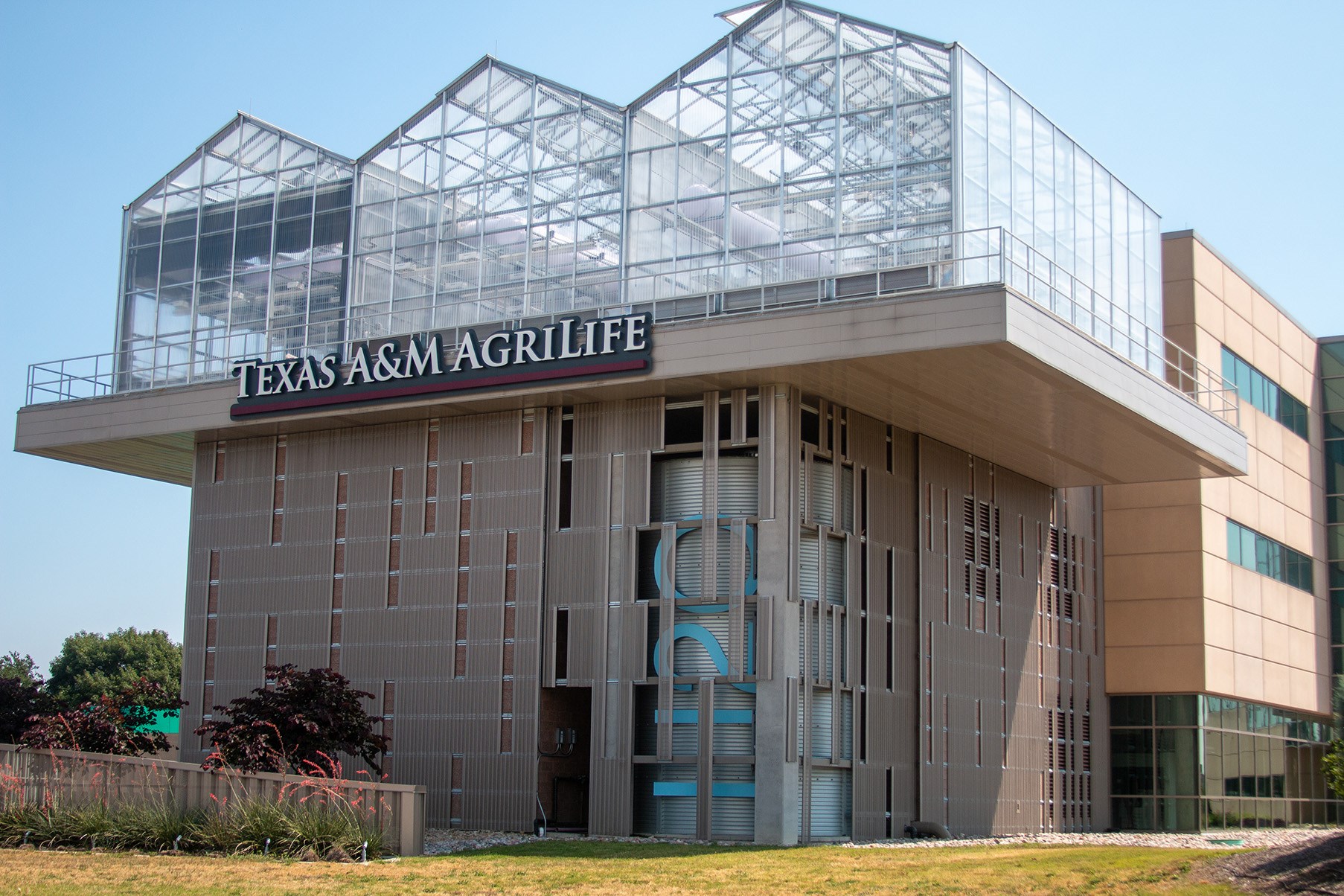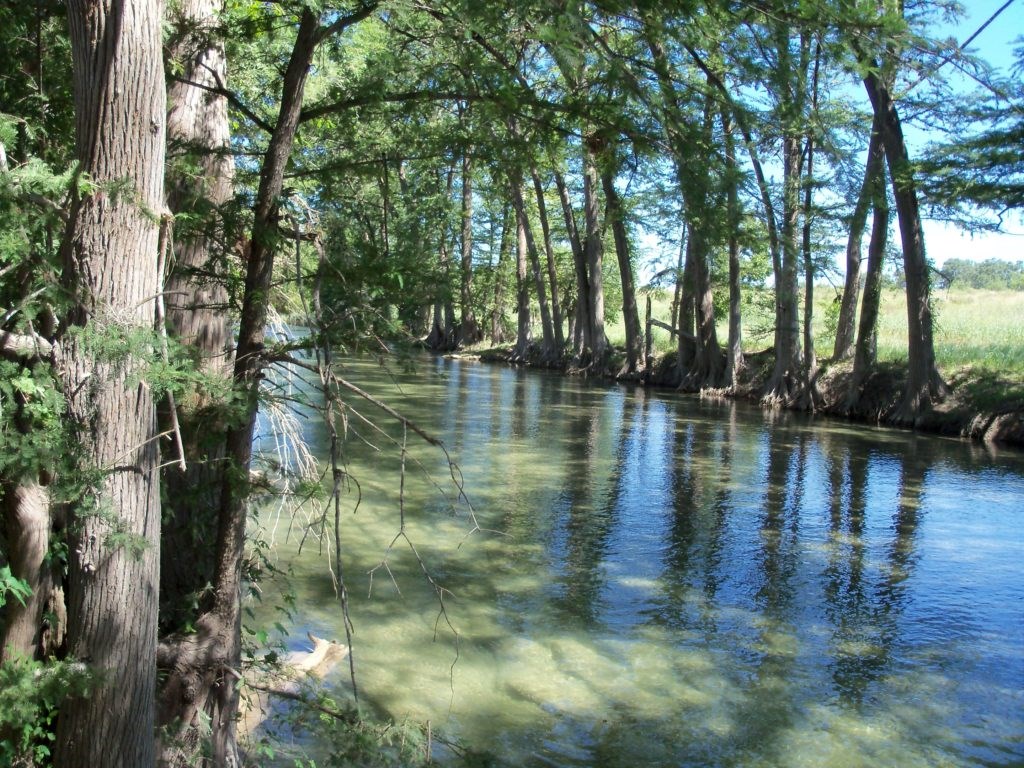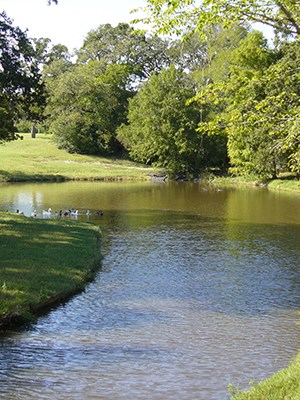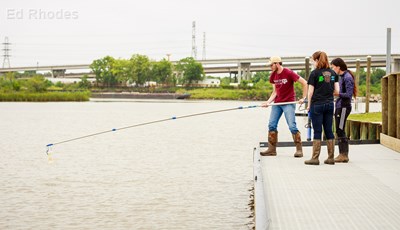Our Water Resources Outreach and Training Program targets both interested citizens and water professionals because understanding water issues today is critical. Learn more.
Healthy Lawns & Healthy Waters
The Healthy Lawns and Healthy Waters Program aims to improve and protect surface water quality by enhancing awareness and knowledge of best management practices for residential landscape.
Texas Riparian & Stream Ecosystem Education Program
These trainings work to facilitate the promotion of healthy watersheds and improve water quality through the delivery of riparian and stream ecosystem education programs with a focus on priority watersheds.
Texas Watershed Planning
We provide training and promote sustainable proactive approaches to managing water quality throughout the state.
Texas Well Owner Network
The Texas Well Owner Network educates private well owners about potential pollutant sources and what steps can be taken to lessen potential impacts from these sources.
Urban Riparian & Stream Restoration Program
This program offers professionals interested in restoration activities training on urban stream functions, impacts of development on urban streams and recognizing healthy versus degraded stream systems.
Water Resources Research Programs
TWRI is committed to training the next generation of water resources scientists and engineers. We have two water research scholarship programs, the U.S. Geological Survey (USGS) Graduate Research Program and the Mills Scholars Program.
Urban WISH
The Urban Water Innovation and Sustainability Hub — Urban WISH — is a project of the Texas A&M AgriLife Research Center at Dallas and the Texas Water Resources Institute.
Active Community & Citizen Education for Science & Stewardship
Texas ACCESS Water is a new program to connect teachers and students across the state with water education resources, through interactive citizen science experiences and networks of educators in their own communities.
Regional Agricultural BMP Planning Database
Watershed planning for water quality in rural and agricultural watersheds relies on some key assumptions about the effectiveness and efficiencies of common best management practices (BMPs) for reducing pollutant loadings to waterbodies.
Texas Coastal Nutrient Input Repository
A large portion of the Texas Coast is composed of coastal bays and estuaries that receive freshwater and nutrient inputs from small coastal watersheds. These coastal bays and estuaries serve a vital role for tourism, recreation, fisheries and other industries in Texas.


